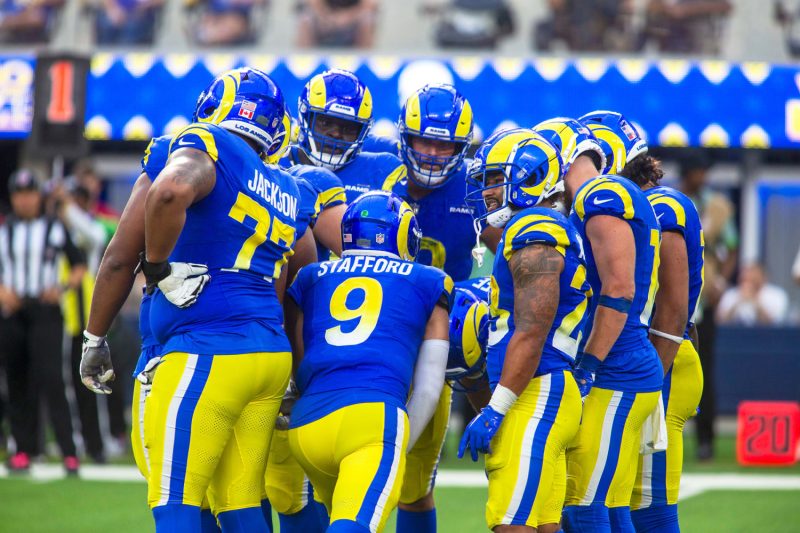In exploring the significant disparity between the valuation of the Los Angeles Rams and the Los Angeles Chargers, it becomes evident that various factors play a crucial role in determining the economic worth of a sports franchise. The Rams, valued at $4 billion, stand out as a more valuable asset compared to the Chargers, valued at $2 billion. This notable discrepancy can be attributed to a combination of historical success, brand recognition, fan base strength, and ownership decisions.
Historical Success and Brand Recognition:
The Los Angeles Rams have a rich history in the NFL, with the team’s roots tracing back to 1937. Over the years, the Rams have established themselves as a reputable franchise with a passionate fan base. They have had success on the field, winning a Super Bowl title, making multiple playoff appearances, and boasting several Hall of Fame players. This legacy of success and brand recognition has contributed significantly to the team’s value.
On the other hand, the Los Angeles Chargers have a comparatively shorter history, having moved to Los Angeles from San Diego in 2017. While the Chargers have also made playoff runs and have had talented players, they lack the deep-rooted history and brand recognition that the Rams possess. This disparity in historical success and brand recognition plays a role in the valuation gap between the two teams.
Fan Base Strength and Market Appeal:
The strength of a team’s fan base and its appeal in the market are crucial factors that impact its value. The Los Angeles Rams have a larger and more devoted fan base compared to the Chargers. This increased fan support translates to higher ticket sales, merchandise revenue, and overall market presence. The Rams’ relocation back to Los Angeles in 2016 further solidified their position in the market and rekindled the enthusiasm of local fans.
Conversely, the Chargers have faced challenges in establishing a strong fan base in the competitive Los Angeles market. The team’s move from San Diego to Los Angeles was met with resistance from some fans, impacting attendance and market appeal. Despite efforts to engage with the local community, the Chargers have struggled to match the Rams’ popularity and market presence, resulting in a lower valuation.
Ownership Decisions and Investment:
The ownership structure and financial decisions made by each franchise also play a significant role in their respective valuations. The Rams are owned by Stan Kroenke, a billionaire real estate developer with a strong investment portfolio. Kroenke’s financial backing and strategic decisions, such as building the state-of-the-art SoFi Stadium, have driven the team’s value and revenue streams.
On the other hand, the Chargers are owned by the Spanos family, who have faced criticism for their management decisions and stadium arrangements. The Chargers’ shared tenancy at SoFi Stadium with the Rams has raised concerns about their long-term viability and financial stability. These ownership-related challenges have factored into the valuation discrepancy between the Rams and Chargers.
In conclusion, the Los Angeles Rams’ superior valuation compared to the Los Angeles Chargers can be attributed to a combination of historical success, brand recognition, fan base strength, market appeal, and ownership decisions. While both teams contribute to the vibrant sports landscape of Los Angeles, the Rams have solidified their position as a more valuable and influential franchise in the eyes of investors and fans alike.
